The Implications of Limiting Free Speech
Should Free Speech Be Limited?
Free speech is a fundamental right that is cherished in democratic societies. It allows individuals to express their opinions, ideas, and beliefs without fear of censorship or punishment. However, the question arises whether free speech should be limited in certain circumstances. While some argue that limitations are necessary to maintain societal cohesion, others emphasize the importance of upholding human rights. This essay will explore both perspectives and provide a balanced analysis of this complex issue.
Advocates for limiting free speech argue that certain forms of expression can be harmful to societal cohesion. Hate speech, for example, has the potential to incite violence and discrimination against marginalized groups. By restricting hate speech, proponents believe that society can foster a more inclusive and tolerant environment. Additionally, they argue that placing limitations on free speech can prevent the spread of misinformation and fake news, which can have detrimental effects on public discourse and decision-making processes.
On the other hand, proponents of unrestricted free speech assert that it is essential for the protection of human rights. They argue that limiting free speech can lead to a slippery slope, where governments and authorities abuse their power to stifle dissent and control the narrative. Freedom of speech serves as a crucial check on those in positions of authority, enabling individuals to expose corruption, advocate for change, and challenge oppressive systems. It is through the free exchange of ideas that societies can progress and evolve.
While considering the impacts of limiting free speech, it is crucial to strike a balance between societal cohesion and the maintenance of human rights. The challenge lies in identifying the boundaries that ensure the protection of marginalized groups without impeding the free expression of ideas. This requires a nuanced approach that takes into account the context, intent, and potential consequences of speech.
Furthermore, it is essential to recognize that the limitations placed on free speech may vary across different cultures and societies. What may be considered acceptable in one country may be deemed offensive or harmful in another. Balancing these diverse perspectives is crucial in fostering a global environment that respects both individual freedoms and collective well-being.
Ultimately, the question of whether free speech should be limited is a complex and multifaceted issue. While limitations may be necessary to maintain societal cohesion and prevent harm, it is equally important to safeguard human rights and protect the freedom of expression. Striking the right balance requires careful consideration of the potential impacts and a commitment to upholding the principles of democracy and individual liberties.
Indeed, opting for a complete laissez-faire policy with regards to free speech may not be entirely reasonable, just as how firm restriction would be deemed unjust, and therefore a balance between the two would seem favourable. However, the most important question in this discussion will always remain: to what extent is this ideal balance really achievable? Is it a viable objective or nothing more than a pipe-dream in the realm of law and human rights?


